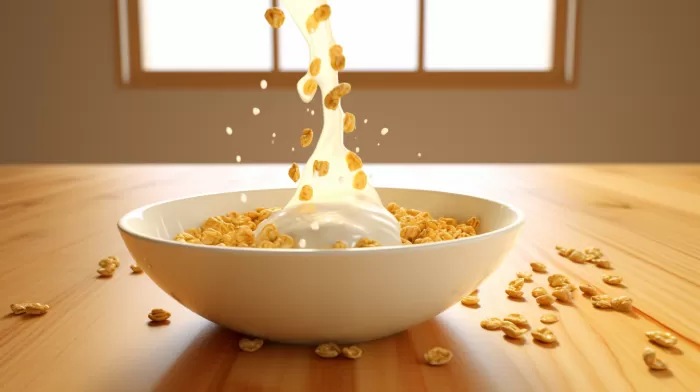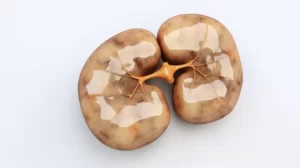Eating too much sodium has always been a big health concern, but have you ever thought about the amount of phosphate that you consume every day as well? This hidden mineral, widely used in processed foods, could be causing serious harm to your body, especially your kidneys.
The Dangers of Phosphates in Food
Researchers at the Houston Methodist Research Institute have raised the alarm about the high amounts of phosphates used in breakfast cereals, dairy products, and other processed foods. The excessive consumption of phosphates might be responsible for several health issues, including stiffening of arteries, enlargement of the heart, weakening of bones, and kidney damage.
Phosphates are hardly ever mentioned, and there’s a good reason for that. After all, food companies wouldn’t want any adverse publicity about the potential harm caused by an ingredient used widely across the food industry. If people were aware of the dangers of consuming too much phosphorus, they may think twice before loading up their shopping carts with their favorite breakfast cereals and cheesy snacks.
However, it is important to note that our body does require some amount of phosphates for proper cellular function, just not as much as we are consuming due to the over-promotion of processed foods. Linda Moore, director of Clinical Research Programs for Houston Methodist Hospital’s Department of Surgery, suggests that the recommended phosphate intake is 700 milligrams per day. The study found that most people consumed twice that amount, which is deeply concerning. The problem is even more severe for individuals with existing kidney damage or chronic renal disease.
Hidden Sources of Phosphates
So, where do you find these excessive amounts of phosphates? Processed foods like packaged pancake and quick bread mixes, as well as processed cheese, often contain inorganic phosphate. Consuming these foods less frequently could help limit your phosphate intake.
Additionally, be careful with the phosphates used as preservatives, leaveners (in cookies and bread), and thickening agents in other food products. The key to identifying these hidden phosphates lies in carefully reading the labels on the foods you purchase. Look for ingredients like “phosphoric acid,” “pyrophosphate,” “polyphosphate,” “sodium phosphate,” and others that indicate the presence of phosphates.
Building Kidney-Friendly Eating Habits
One of the best ways to reduce your phosphate consumption is to choose a diet rich in whole foods, such as fruits, vegetables, and whole grains. These nutrient-packed foods not only keep you satisfied but also protect your kidneys, heart, blood vessels, and other organs from potential damage caused by phosphate-heavy processed foods.
Consider these tips for a kidney-friendly diet:
- Limit processed and fast foods, as these often contain high levels of phosphates.
- Prioritize whole grain bread, cereals, and pasta, which generally contain lower amounts of phosphorus.
- Opt for lean meats, poultry, and fish over processed meats like sausages and hot dogs.
- Choose kidney-friendly fruits and vegetables, such as apples, bell peppers, blueberries, cauliflower, cherries, cucumbers, and kale.
- Swap regular sodas for water, herbal tea, or freshly-squeezed fruit juices to reduce phosphate intake from beverages.
Remember, a diet filled with fresh, nutrient-dense foods can help protect your kidneys, heart, and blood vessels from potential harm. Staying away from processed foods laden with hidden phosphate additives is one more reason to prioritize healthy eating habits and enjoy the benefits of a well-rounded, balanced diet.



